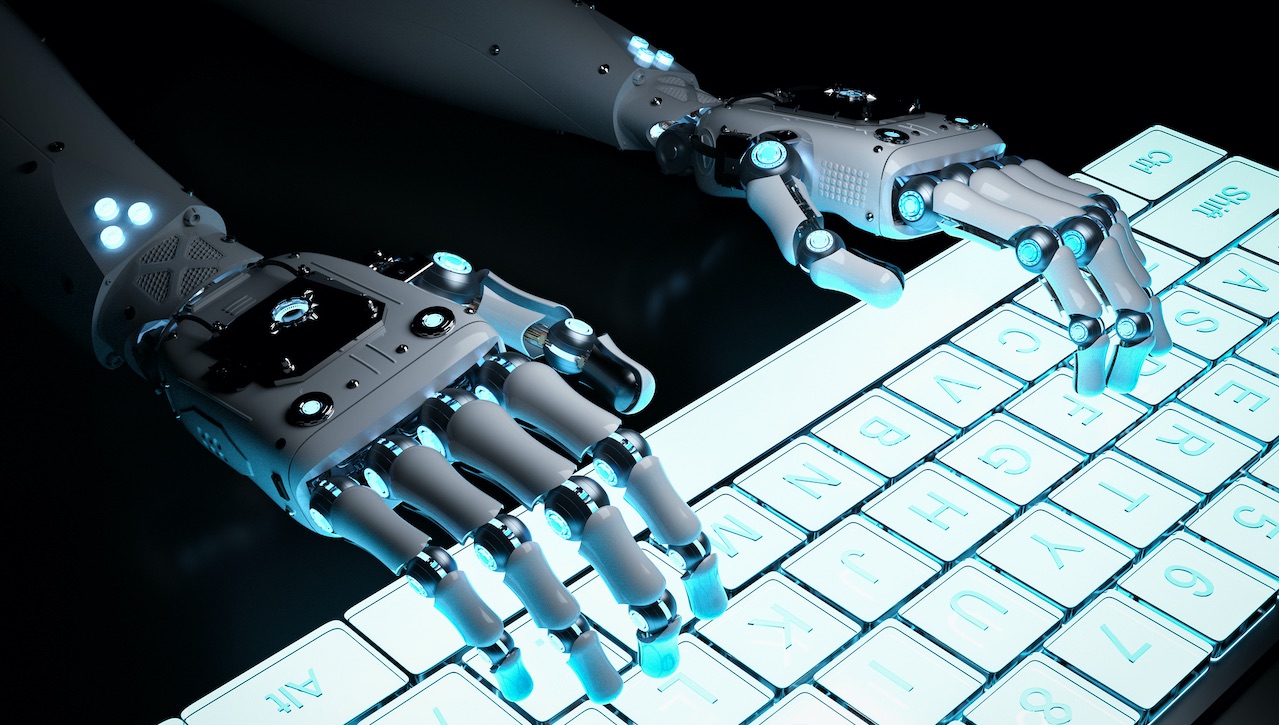Just in the past few hours, a report was published, which we reported in an article, which disavows the gloomy forecasts on the impact of artificial intelligence on workers. Or more precisely, generative AI, capable of creating new content.
Research by the ILO (International Labor Organization, a United Nations agency) tells us in practice that, with the right policies, the increasingly massive introduction of AI into the world of work could automate, rather than cancel, a good number of tasks.
Previous studies, including that of Goldman Sachs, have been decidedly less optimistic. And they predicted a situation of risk even for 300 million workersdue to the “fault” of artificial intelligence.
Further research has specified that women will be much more exposed than men. This is because generative AI will especially creep into tasks such as office support, food service and customer service, roles largely filled by women.

Confartigianato: artificial intelligence, 8.4 million workers at risk
A report published on the Confartigianato website on Thursday 24 August does not return a smile.
The analysis focuses on the world of work in our country, and gives us little comforting data: with the increasingly massive diffusion of artificial intelligence, 8.4 million Italian workers will be at risk in the near future.
The figure would seem merciless, if we consider that we are talking about more than a third (36.2%) of the total number of employed people in our country.
Browse online safely with NordVPN – Up to 65% off + 3 months EXTRA
However, although it is only a partial consolation, the figure is slightly lower than the European one. Where the overall percentage of workers threatened by artificial intelligence is 39.5%.
Leading the not so exciting ranking are Luxembourg (59.4%), Belgium (48.8%) and Sweden (48%). Germany and France are respectively at 43 and 41.4%.
The most exposed professions
On this, at least, the various more or less optimistic researches agree. And in fact you only need common sense to figure out how the most exposed professions are those with the least degree of creativity. Which does not mean at all, as we shall see, that these are low professional roles.
In fact, the Confartigianato report reports that among the jobs most at risk with the introduction of AI are “information and communication technicians, administrative and commercial managers, specialists in commercial sciences and administration, specialists in science and engineering public administration executives.
With artificial intelligence, a quarter of workers entering companies in 2022 (precisely 25.4%) are threatened: this is about 1.3 million people. For small businesses (with fewer than 50 people) the percentage drops just: 22.2%, equal to 729,000 workers.
Workers at risk: geographical distribution
Dividing the data by region, it is not surprising that the most technologically advanced areas are the most exposed.
It is indeed the Centre-North is the area most at risk: 35.2% of employed people hired in 2022 in Lombardy are threatened by AI. Followed by Lazio (32%), Piedmont and Valle d’Aosta (27%), Campania (25.3%), Emilia Romagna (23.8%) and Liguria (23.5%).
AI as an opportunity
A point of tangency between the Confartigianato report and that of the International Labor Organization concerns the fact that for workers artificial intelligence can also be an opportunity.
However, AI is still a little exploited resource in our country: only 6.9% of small Italian companies use robots. Yet we are well over 4.6% of the European average, and almost double the percentage of Germany (3.5%).
5.3% of our small and medium-sized enterprises use artificial intelligence systems, and above all 13% plan to invest in AI as soon as possible.
The comment
Commented on the report Marco Granelli, president of Confartigianato.
Granelli said: “Artificial intelligence is a means, not the end. It shouldn’t be feared, but should be governed by artisan intelligence to make it a tool capable of enhancing the creativity and inimitable skills of our entrepreneurs.
There is no robot or algorithm that can copy the artisan knowledge and simulate the ‘soul’ of the beautiful and well-made products and services that make Made in Italy unique in the world”.















Leave a Reply
View Comments